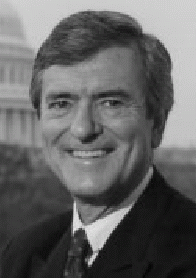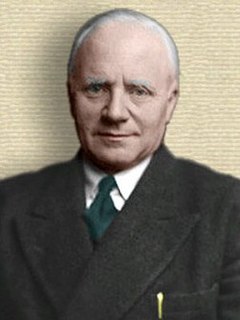A Quote by Ian Smith
The risk from viruses is an unanswered question - and it won't be answered until you have had organs transplanted into humans over many years.
Related Quotes
All I did was collect a few of the questions I've been asked through the years, write up a brief response and put them in this publication. As a pastor, you get asked questions and receive emails. Many of them I had answered, but just in conversation. So we kind of re-crafted the question and answered it. It turned out to be an interesting exercise. I hope it's encouraging for people.
Over millions of years the viruses in our genome mutate more and more so the look less and less and less recognizable as viruses and so if there was a virus that infected our pre mammal ancestors like 250 million years ago, which it probably did, we can't see it because it just looks totally random.
Do you think the people who were trying to reach to the Everest were not full of doubts? For a hundred years, how many people tried and how many people lost their lives? Do you know how many people never came back? But, still, people come from all over the world, risking, knowing they may never return. For them it is worth it - because in the very risk something is born inside of them: the center. It is born only in the risk. That's the beauty of risk, the gift of risk.
There was a message written in pencil on the tiles by the roller towel. This was it: What is the purpose of life? Trout plundered his pockets for a pen or pencil. He had an answer to the question. But he had nothing to write with, not even a burnt match. So he left the question unanswered, but here is what he would have written, if he had found anything to write with: To be the eyes and ears and conscience of the Creator of the Universe, you fool.
































